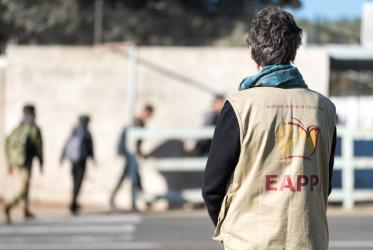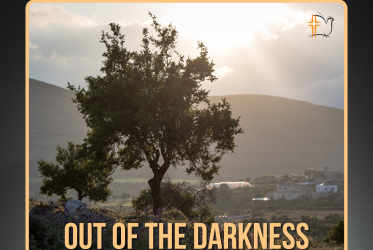The World Council of Churches (WCC) has requested correction of an article in the New York Times that listed the WCC among supporters of the Boycott, Divestment and Sanctions movement (BDS) against Israel.
The article by David M. Halbfinger, Michael Wines and Steven Erlanger, appeared in the 27 July edition of the paper.
The correction submitted to the New York Times noted that "the World Council of Churches (WCC) is not a member of any alliance that is generally promoting a boycott or a member of the so-called BDS-movement.”
In fact, says WCC Director of Communication Marianne Ejdersten, “the article is false.” The WCC has never called for an economic boycott of the State of Israel, she notes, but works with churches and other organizations for a just peace in Palestine and Israel through all possible non-violent, political and diplomatic means.
The WCC has supported the State of Israel since its inception in 1948. The council has consistently called for an end to violence, repudiation of all forms of anti-semitism, an end to the illegal settlements in the Occupied Palestinian Territories, and a negotiated two-state solution to the conflict there.
The WCC does not promote boycotts based on nationality in this or any other context. Nor does it espouse economic measures against Israel. It does, however, have a longstanding policy position in favour of boycotting goods and services from settlements (considered internationally as illegal) in the Occupied Palestinian Territories.
The World Council of Churches is a worldwide fellowship of 350 member churches which represents more than half a billion Christians around the world. The WCC calls its member churches to seek unity, a common public witness and service to others in a world where hope and solidarity are the seeds for justice and peace. The WCC works with people of all faiths seeking reconciliation with the goal of justice, peace and a more equitable world.
Read a summary of the WCC’s policy position on Israel and Palestine






